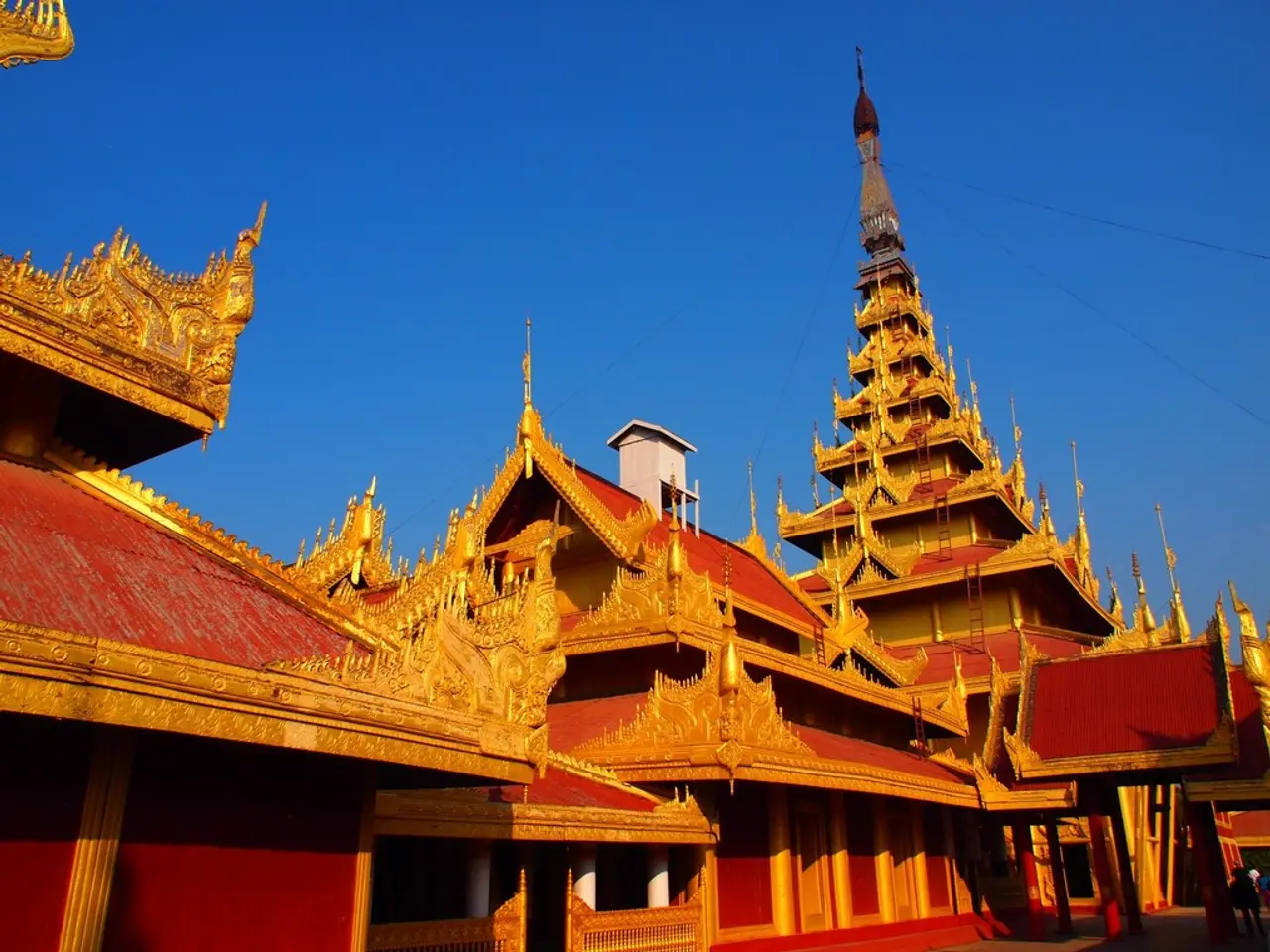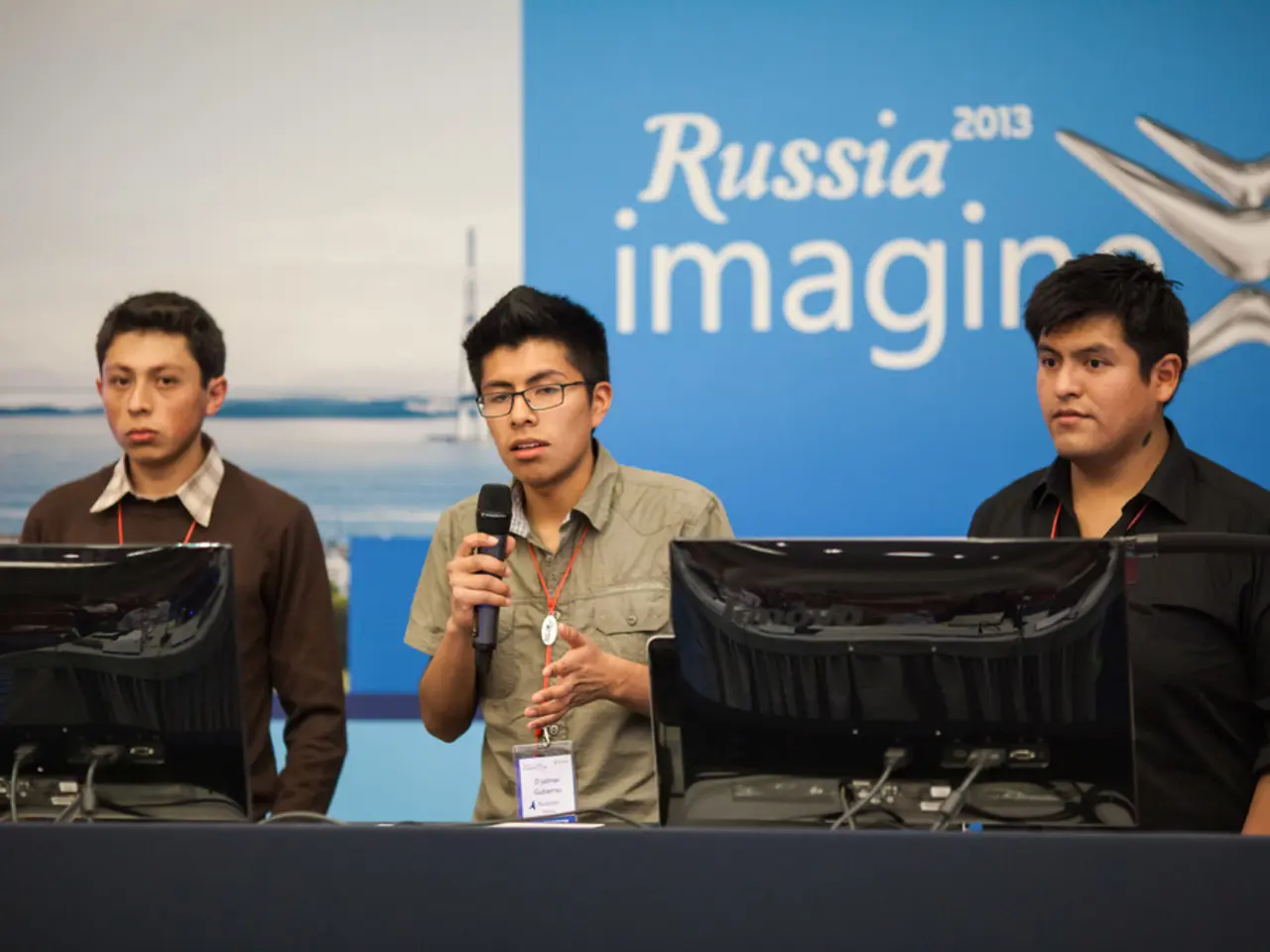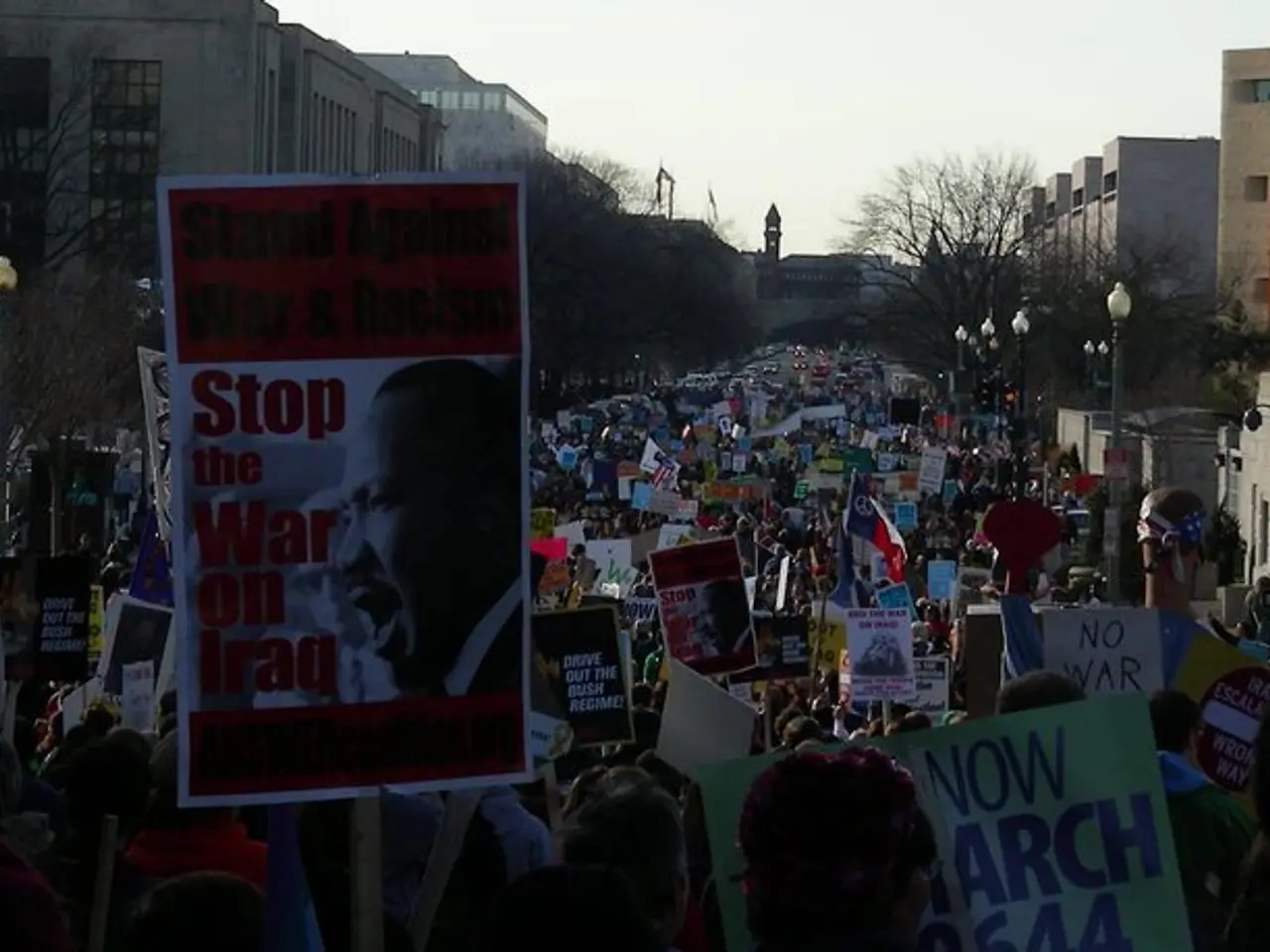Political Decision in February: The impasse has been resolved, but will the remainder of the process proceed without hindrance?
The prospects for maintaining law and order during the 2026 general election in Bangladesh are cautiously optimistic, with the government taking pre-emptive measures to ensure security and implementing new technological solutions. However, the path to a free and fair election is fraught with challenges.
Strengthening Security and Embracing Technology
Bangladesh’s Chief Adviser Muhammad Yunus has emphasised the importance of complete security at all polling centres, aiming for the election to be the most peaceful in the country's history. To achieve this goal, the government is procuring 40,000 body-worn cameras for police officers at polling stations, with plans to complete procurement by October 2025 and provide training on the devices’ AI features. This initiative aims to deter misconduct and abuse of power, and enhance accountability.
An election app will also be launched to provide voters with information on candidates and polling booths, and allow interactive complaint submissions. This tool is intended to improve transparency and public confidence.
Political Considerations and Historical Context
The election date was set for February 2026, following consultations with major political parties, suggesting some political coordination to reduce tensions. However, Prof Yunus has warned that certain forces desperate to disrupt the election will engage in conspiracies both domestically and abroad to undermine the democratic process, which could threaten law and order.
Bangladesh has a history of violent conflicts linked to flawed elections, highlighting the inherent challenges in maintaining neutrality and order during politically charged polls. What is even more alarming is the possibility of internal conflicts erupting within the political parties themselves, which could turn violent and bloody.
Implementation and Institutional Capacity
While new technologies like body cameras and apps are promising, their effective deployment and genuine utilization by police and election officials will be critical. Inadequate training or technical failures could undermine their impact.
Furthermore, some question the capacity of the present government to hold a fair and proper election due to the weakened and unstable state of the administration, police, and civil administration. If the current government does not act with vigilance and prepare a proper and strategic operational plan, holding a credible election will not be possible.
A Controversial Declaration
The "July Declaration" read out by Dr Muhammad Yunus, contains much history and description of the Awami League that is highly biased and partial. The Declaration omits the assassination by the military of Sheikh Mujib and 16 members of his family in August 1975 which brought in years of military rule. Additionally, the Declaration's portrayal of the Awami League's period of government between 2009 and 2024 in a one-dimensional manner raises concerns about neutrality.
Conclusion
In summary, Bangladesh’s preparations for the 2026 general election exhibit a strong commitment to peace and order through enhanced security measures and technology integration. However, the risk of political disruption and the challenge of effective implementation remain critical concerns for authorities tasked with maintaining law and order. The government must address these challenges head-on to ensure a free, fair, and peaceful election.
[1] The Daily Star, "40,000 body-worn cameras to be used at polling stations," 24 March 2023. [2] The Financial Express, "Election app to be launched," 10 April 2023. [3] The Independent, "Muhammad Yunus emphasizes security for upcoming election," 15 May 2023. [4] The Bangladesh Sangbad Sangstha, "Election date set for February 2026," 20 June 2023. [5] The New Age, "Prof Yunus warns of election conspiracies," 25 July 2023.
- The government's implementation of new technologies, such as body cameras for police officers and an election app, is aimed at enhancing security, deterring misconduct, and boosting public confidence during the 2026 general election in Bangladesh.
- The path to a free and fair election in 2026 is not without challenges, as political disruption and the effective implementation of new technologies remain critical concerns that the authorities must address to ensure a peaceful and credible election.





